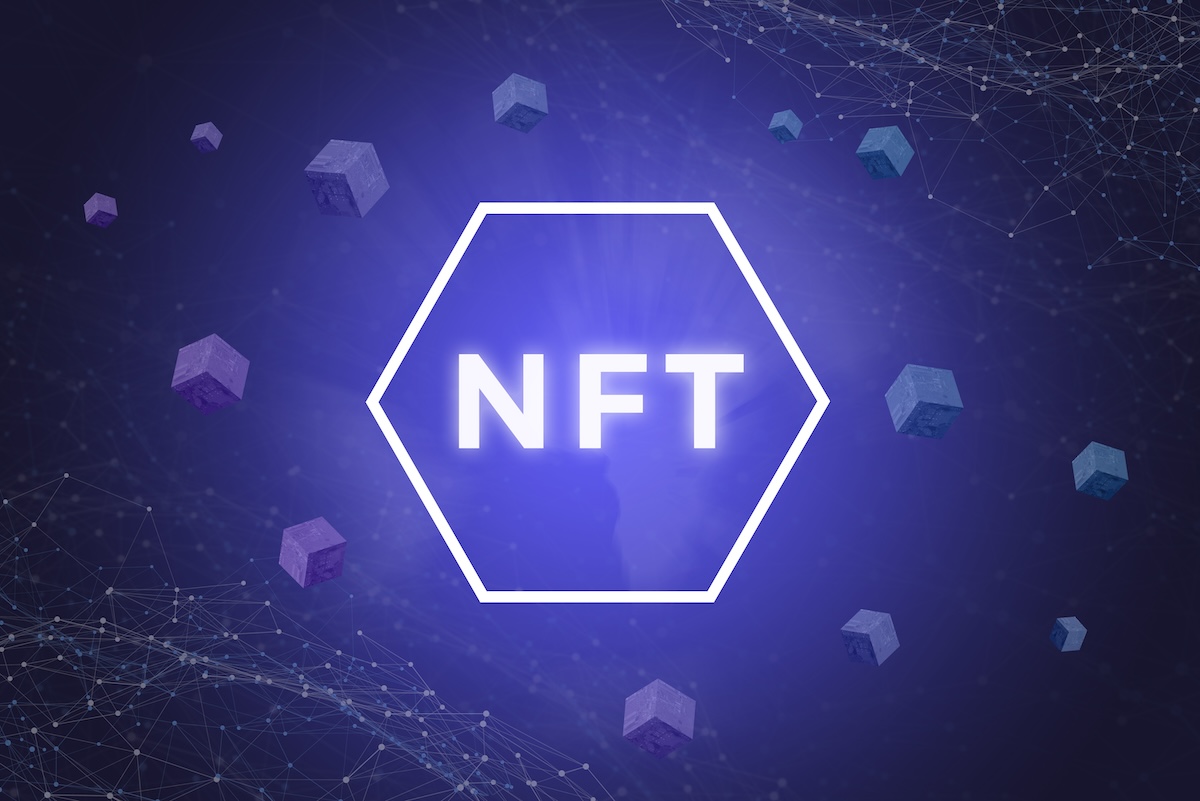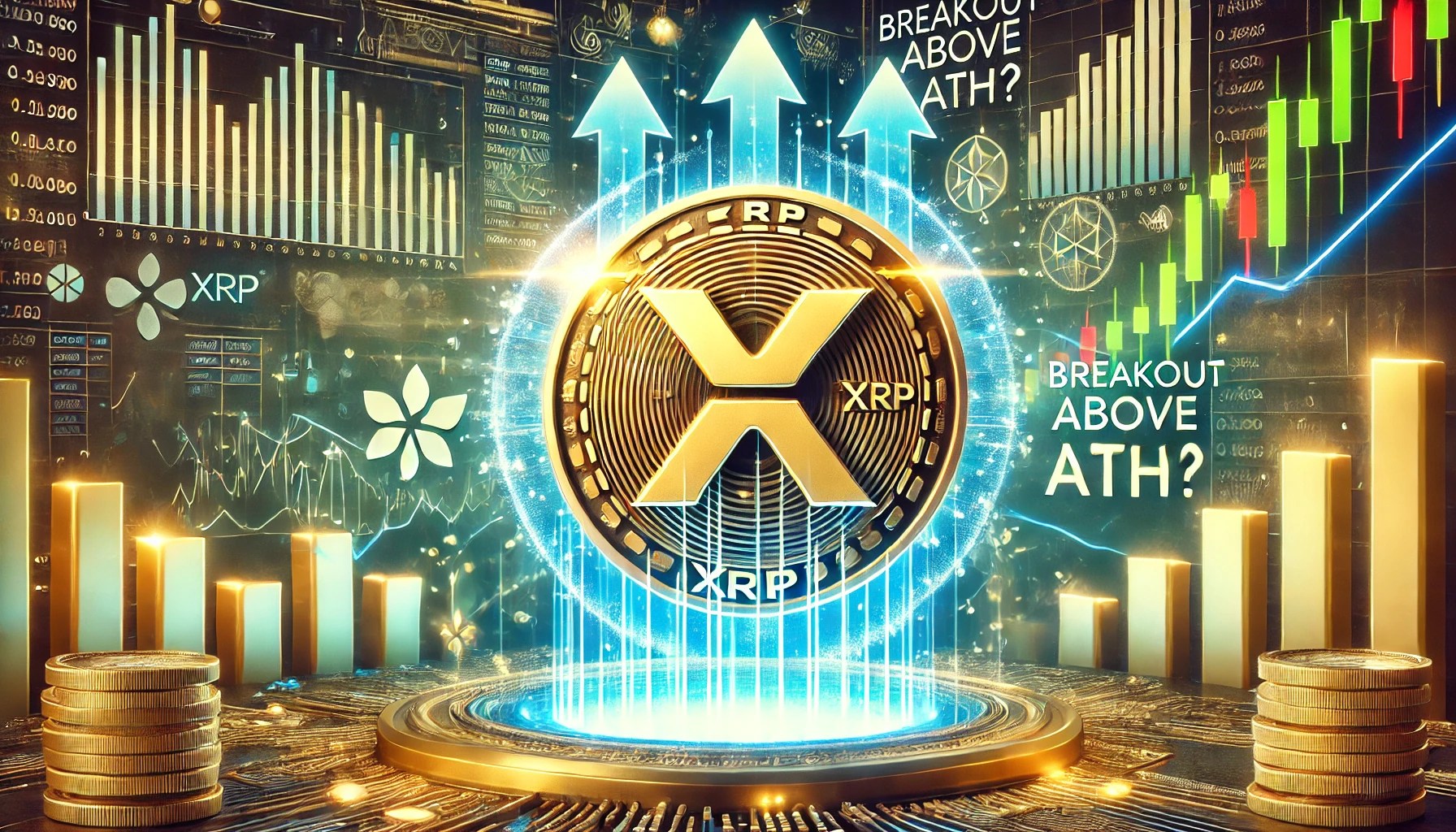As India’s G20 presidency focuses on regulating crypto assets, among other key things, the International Monetary Fund (IMF) has taken a pivotal role in shaping the global approach to this issue. In an exclusive interview with Business Today’s Executive Director Rahul Kanwal, the IMF’s Deputy Managing Director Gita Gopinath delved into the details of this initiative.
Gopinath began by highlighting the significance of this collaboration, emphasising that it’s not just about regulatory aspects but also macro-financial consequences. For the first time, the Financial Stability Board and the IMF have joined forces to address regulation of crypto assets comprehensively, recognising the need for a holistic perspective. The primary objective is to identify necessary policy actions that balance regulation and financial stability.
Regarding monetary issues, one key principle is not to legalise the use of crypto assets like Bitcoin as legal tender, as it could compromise monetary sovereignty. In terms of financial stability, the guidelines suggest licensing and registration for crypto asset issuers, with a focus on treating similar activities and risks consistently.
Gopinath stressed that while a common set of principles has been agreed upon, there is still work ahead to develop specific regulations. Importantly, “there is no talk of banning cryptocurrencies, indicating a global consensus against such measures”, she said.
However, Gopinath expressed concern about the varying positions countries have taken regarding crypto asset policies. While acknowledging the need for tailoring regulations to specific circumstances, they emphasized the broad principles that most countries have agreed upon.
“We call for the swift implementation of the Crypto-Asset Reporting Framework (CARF) and amendments to the CRS [Common Reporting Standard]. We ask the Global Forum on Transparency and Exchange of Information for Tax Purposes to identify an appropriate and coordinated timeline to commence exchanges by relevant jurisdictions,” stated a consensus declaration signed by G20 leaders.
When questioned about the timeline for implementing these principles into policy, Gopinath suggested that the crypto market will become less like the “Wild West” it has been, with improved data and transparency. Differentiation will occur based on whether crypto assets are used for speculative investments or payments.
Gita Gopinath on Indian economy
On the subject of the Indian economy, Gopinath emphasised India’s role as an engine of global growth, projecting over 6% growth for the current fiscal year. Public investment and resilient consumption spending have been driving forces. However, structural reforms are essential to sustain high levels of growth and attract private investment.
India will be the world’s third-largest economy by 2027-28. India will contribute 15% of global growth this year & will be a key driver of economic growth in the years to come, she said.
Gopinath highlighted the need for reforms in labour markets, state-level governance, ease of doing business, education quality, and female labour force participation. “These reforms are crucial to further boost India’s growth trajectory,” she added.
Addressing concerns about India’s economic growth figures, Gopinath stated, “There is no reason to doubt the credibility of the numbers. The IMF relies on various data sources and high-frequency data to make assessments.”
Watch the full interview below
Also Read
G20 Summit: Tourist smart cards to explore the capital introduced by Delhi Metro; see details
Virtual games, UPI and more: India to showcase digital progress at G20 summit
Credit: Source link















































